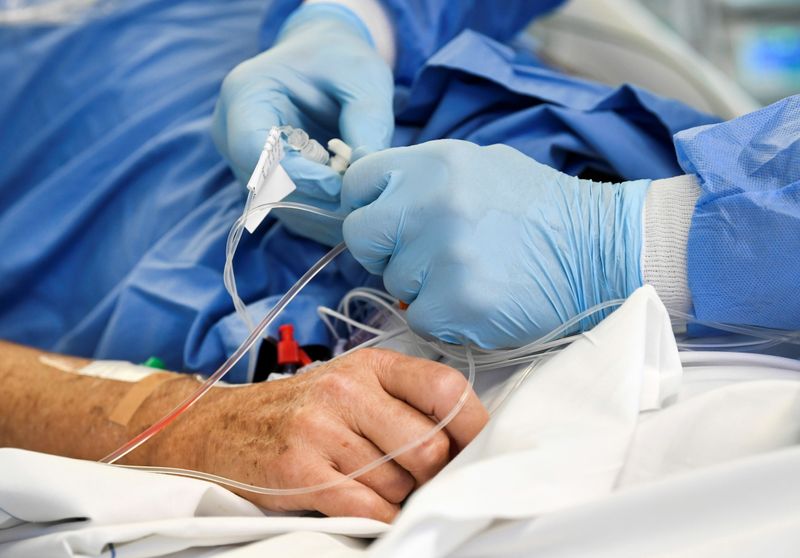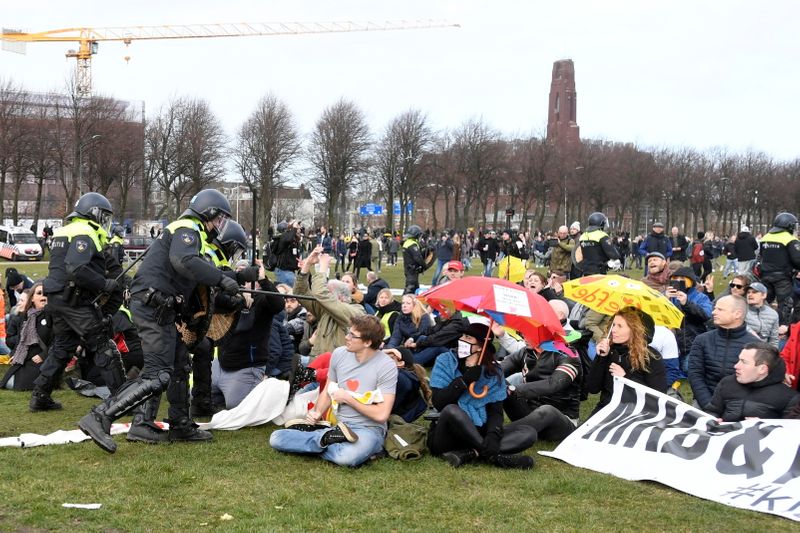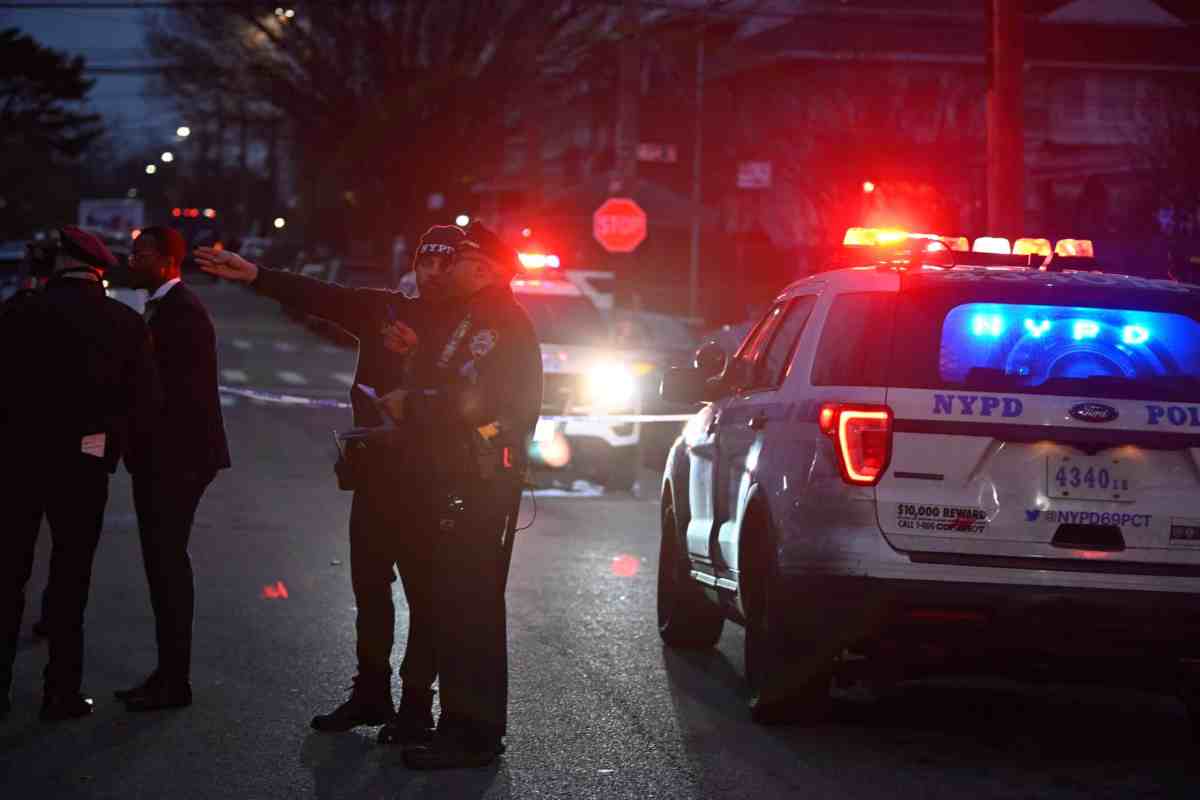AMSTERDAM (Reuters) – A nationwide curfew and other curbs aimed at containing the coronavirus in the Netherlands will be extended by three weeks until late April, Dutch Prime Minister Mark Rutte said on Tuesday.
Rising numbers of infections and hospital admissions meant that there could be no easing of restrictions in the short term, he told a televised news conference.
“The number of corona patients in intensive care is on the rise. The third wave is starting to become visible. That is why the current package of measures is being extended,” the government said in a statement.
New coronavirus cases increased by 16% to more than 46,000 in the week through Tuesday, the fastest pace since mid-January, the National Institute for Public Health (RIVM) said.
The Netherlands joined France and Germany in tightening or extending social curbs in recent days due to worrying developments in the pandemic.
“The emergence of the third wave in the Netherlands resembles what we also see in neighbouring countries. We’re in this together,” Rutte told journalists.
Rutte said that there was no choice but to also extend a recommendation that people not travel abroad until May 15.
Health Minister Hugo De Jonge said the government aimed to impose an obligatory quarantine for travellers returning to the Netherlands after that date.
The imposition of the first Dutch curfew since World War Two, on Jan. 23, sparked days of rioting across the country.
Rutte said that, while it was being extended, from March 31 the start time would be pushed back by one hour to 10 p.m. It would continue to run until 04:30 a.m.
Bars and restaurants in the Netherlands have been closed for five months, while many shops have only very limited options to receive customers and public gatherings are banned.
(Reporting by Bart Meijer and Anthony Deutsch; editing by John Stonestreet and Grant McCool)






















